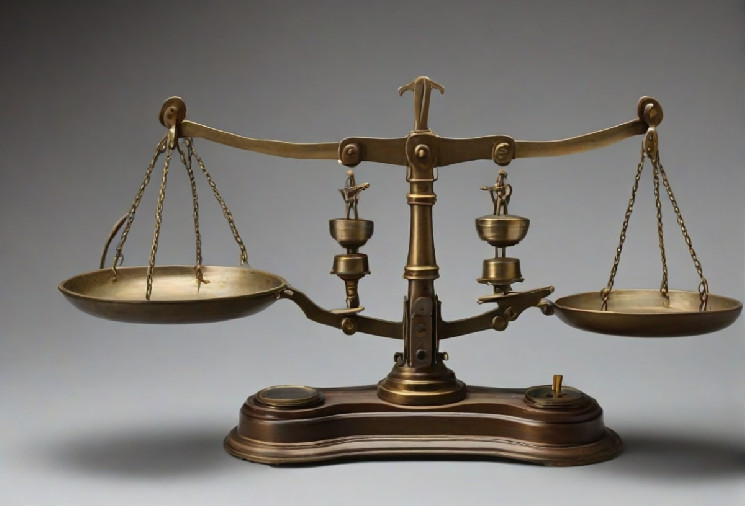Wyoming’s recent legislation recognizing blockchain-based decentralized autonomous organizations (DAOs) as legal entities marks a significant milestone in the crypto industry. The Decentralized Unincorporated Nonprofit Association Act (DUNA), signed into law on March 7 and effective from July 1, sets a precedent for DAO governance structures.
The bill does not explicitly mention DAOs but focuses on enabling eligible nonprofit organizations to establish governance systems using distributed ledger technology (DLT), such as blockchain, digital assets, and smart contracts. These systems facilitate community voting on governance proposals, with membership interests and voting rights made freely transferable between individuals through crypto tokens.
The response from industry leaders has been overwhelmingly positive, with a16z, a division of Andreessen Horowitz, commending Wyoming’s approach. They are encouraging portfolio companies with decentralized structures to incorporate in Wyoming, hinting at a potential shift in industry standards for blockchain networks in the US.
Coinbase’s chief legal officer also praised Wyoming’s law, highlighting the state’s role as a source of innovation and inspiration for decentralized technologies. The shift away from treating DAOs as member-managed LLCs towards recognizing their unique characteristics is seen as crucial in promoting compliance with regulatory requirements.
Unlike Vermont and Tennessee, which still classify DAOs as LLCs, Wyoming’s updated legislation reflects a more comprehensive understanding of the crypto-related aspects of DAOs. By accommodating the unique nature of DAOs and providing clarity on permissible activities, Wyoming’s law sets a new standard for DAO governance in the US.









